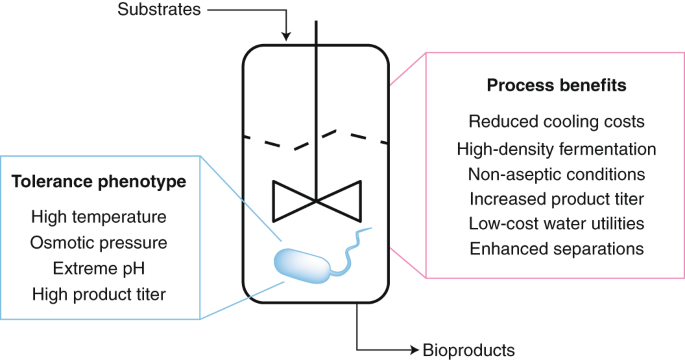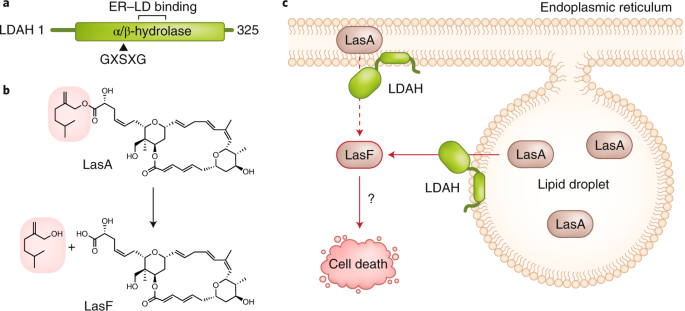- Select a language for the TTS:
- UK English Female
- UK English Male
- US English Female
- US English Male
- Australian Female
- Australian Male
- Language selected: (auto detect) - EN
Play all audios:
Access through your institution Buy or subscribe Blood concentrations of the inflammatory protein α2-macroglobulin (α2M) are associated with tau pathology and the risk of Alzheimer disease
(AD) in men, according to recent research. The molecular basis of the association could offer new therapeutic opportunities. Inflammation has been linked to AD pathogenesis, but the
relationship between systemic inflammation and early AD is poorly understood. Several lines of evidence suggest that α2M, an acute-phase protein of the innate immune system, is central to
this relationship, and in their new work, Madhav Thambisetty and colleagues aimed to gain further insight into its role. This is a preview of subscription content, access via your
institution ACCESS OPTIONS Access through your institution Subscribe to this journal Receive 12 print issues and online access $209.00 per year only $17.42 per issue Learn more Buy this
article * Purchase on SpringerLink * Instant access to full article PDF Buy now Prices may be subject to local taxes which are calculated during checkout ADDITIONAL ACCESS OPTIONS: * Log in
* Learn about institutional subscriptions * Read our FAQs * Contact customer support REFERENCES * Varma, V. R. _ et al_. Alpha-2 macroglobulin in Alzheimer's disease: a marker of
neuronal injury through the RCAN1 pathway. _Mol. Psychiatry_ http://dx.doi.org/10.1038/mp.2016.206 (2016) Download references Authors * Ian Fyfe View author publications You can also search
for this author inPubMed Google Scholar RIGHTS AND PERMISSIONS Reprints and permissions ABOUT THIS ARTICLE CITE THIS ARTICLE Fyfe, I. Sex-specific inflammatory link to early Alzheimer
pathology. _Nat Rev Neurol_ 13, 5 (2017). https://doi.org/10.1038/nrneurol.2016.193 Download citation * Published: 09 December 2016 * Issue Date: January 2017 * DOI:
https://doi.org/10.1038/nrneurol.2016.193 SHARE THIS ARTICLE Anyone you share the following link with will be able to read this content: Get shareable link Sorry, a shareable link is not
currently available for this article. Copy to clipboard Provided by the Springer Nature SharedIt content-sharing initiative









